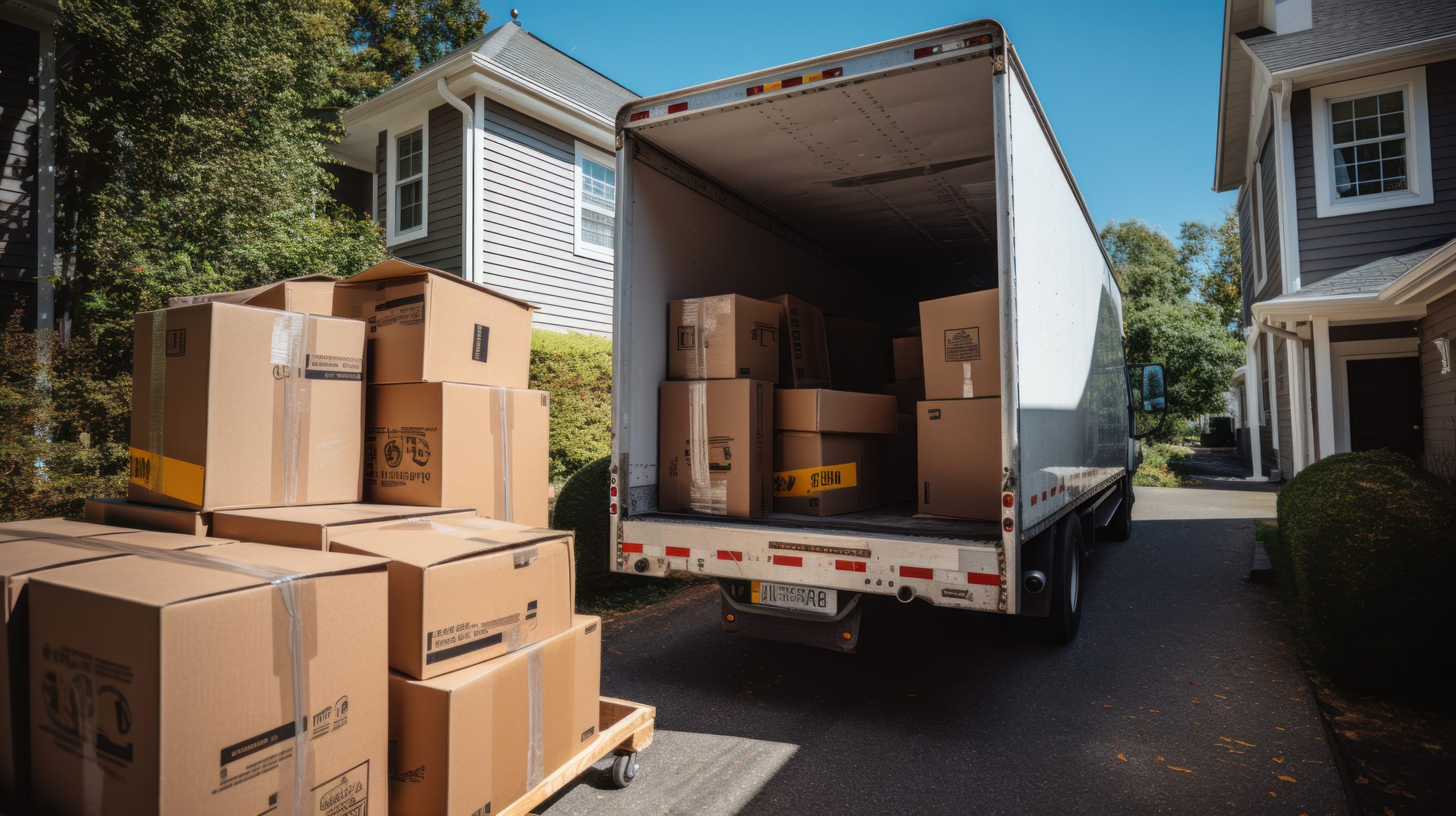Moving to a new state is exciting, but it comes with important responsibilities – including updating your driver’s license. At Happy Camper Insurance, we want to ensure your transition is smooth and legal. Here’s what you need to know about state license requirements for driving when crossing state lines.
The Clock is Ticking
When you establish residency in a new state, you’re required to update your driver’s license within a specific timeframe – typically between 10 to 90 days. This process involves visiting your local Department of Motor Vehicles (DMV), providing proof of your new address, and surrendering your old license.
Understanding the Consequences
While it might be tempting to postpone updating your license, driving with an out-of-state license beyond the grace period can lead to several issues:
Potential Penalties
States vary in how they handle outdated licenses. For example:
- Florida treats it as a non-moving violation
- New York may impose fines exceeding $100 and add points to your license
- Texas caps fines at $20 if addressed within 20 days
- Washington could fine you up to $250 for driving without a valid state license
Law Enforcement Encounters
If you’re pulled over, law enforcement officers may:
- Issue a verbal or written warning
- Write a ticket requiring you to update your license
- Impose fines based on state regulations
The good news? If you have a clean driving record and promptly address the situation before your court date, many judges will reduce or waive the penalties.
Why These Laws Matter
These regulations serve an important purpose beyond mere bureaucracy. They help prevent individuals from evading law enforcement by moving across state lines and ensure proper driver documentation and accountability.
Steps to Stay Compliant
When moving to a new state, make updating your license a priority. You’ll need:
- Proof of residency (utility bill, mortgage statement, or rental agreement)
- Your current valid license
- Required documentation for your new state’s DMV
Don’t Forget Your Insurance
At Happy Camper Insurance, we remind our clients that updating your driver’s license is just one part of the equation. Your auto insurance needs to reflect your new location as well. Different areas have varying risk factors affecting your insurance rates, so keeping your information current is essential.
The Bottom Line
While you might get by with a warning or small fine if caught driving with an out-of-state license, it’s best to handle this responsibility promptly. Add “Update Driver’s License” to the top of your moving checklist to ensure a worry-free transition to your new home state.
Need help updating your insurance for your move? Contact Happy Camper Insurance today, and we’ll ensure your coverage moves with you!


